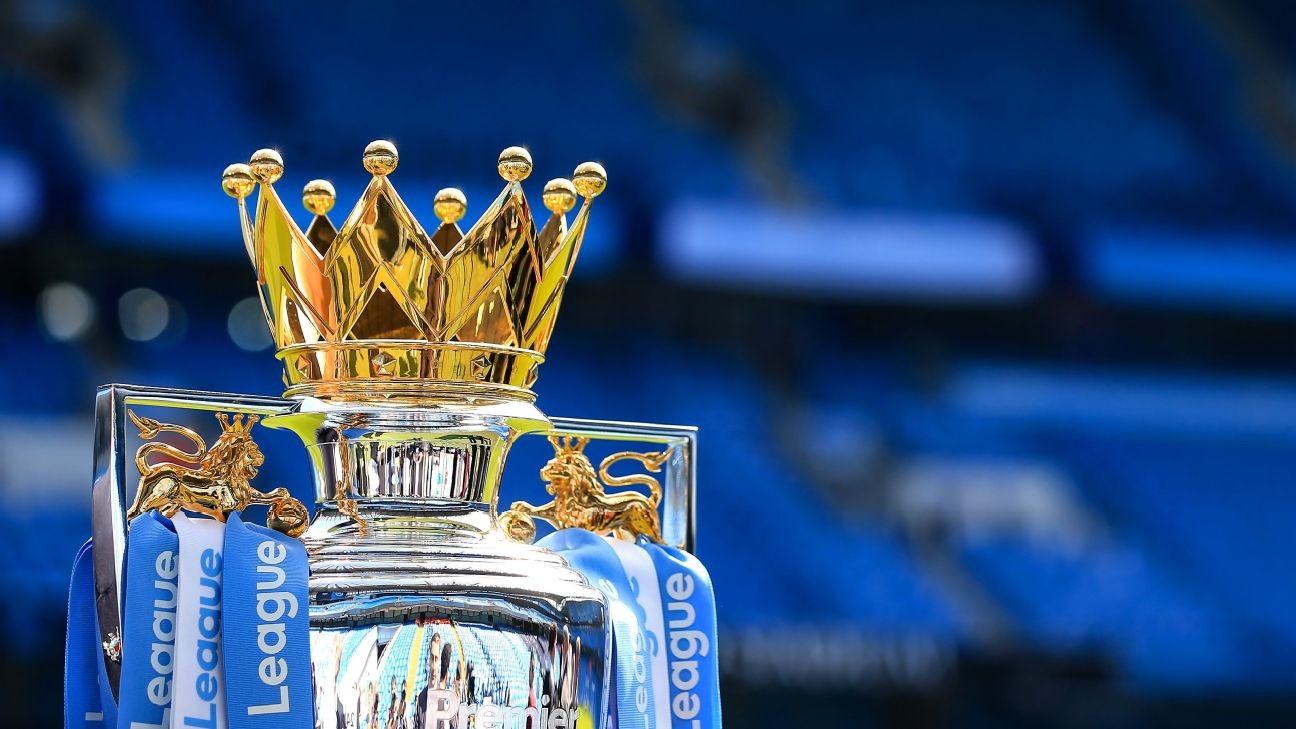Gab Marcotti believes the Premier League should not continue if a deal with broadcasters can be arranged.
The Professional Footballers Association (PFA) has contacted all members in the Premier League and EFL with a mental health survey relating to the coronavirus crisis which asks about feelings of depression, self-harm and concerns over gambling and alcohol abuse.
The 24-question survey, seen by ESPN, was sent to PFA members on Saturday in an effort to gauge the welfare and well-being of members throughout the game and ensure that vulnerable players are made aware of the union's ability to help through the offering of counselling and support.
- Stream new episodes of ESPN FC Monday-Friday on ESPN+
- Stream every episode of 30 for 30: Soccer Stories on ESPN+
The PFA has also set up a COVID-19 email helpline to run alongside a 24/7 telephone support line and made approximately 200 counsellors available via Skype, Facetime and Zoom.
A PFA spokesperson told ESPN: "The well-being of members is a priority for the PFA and professional help is available to any player who needs our support."
All football in England and Wales has been suspended since March 13 and the Premier League has yet to set a proposed date for a return to action with the UK still under a national government-imposed lockdown. The EFL is hoping to stage games again from June 6.
With the game facing a financial crisis and players at every level in negotiations over pay deferrals or furlough -- some clubs in the EFL have furloughed players and non-playing staff -- there are concerns within the game of player suffering from depression and anxiety over the situation.
The Player Welfare Survey, to which players respond anonymously, includes multiple-choice questions such as, "Over the last few weeks, have you been aware of any feelings of nervousness or anxiety?", "How often have you been aware of feeling afraid as if something awful might happen?" and "How often have you felt depressed or considered self-harm?"
Questions are also asked about feelings of acute tiredness and whether players feel as though they are letting others down.
Sources have told ESPN that the PFA has already received many responses to the survey. Between Jan 1 and Mar 31 this year, to the coronavirus crisis, 299 PFA members accessed therapy through Sporting Chance Clinic's network of therapists and confidential helpline.
The PFA survey was dispatched prior to comments by Vincent Gouttebarge, the Chief Medical Officer of global players' union FIFPro, on Monday about the importance of monitoring the mental health of players during the COVID-19 shutdown.
"Within the medical staff at any club, we know that the physical health of players is a main priority," Gouttebarge told the Associated Press. "But now we have enough objective data that show that mental health is as important as the physical health.
"We need to have an interdisciplinary medical team in place within clubs in order to take care of the mental health of the player."
"When you are not engaged with your family, with your teammates, then you have, of course, a decrease of social support and that is likely to lead to an higher rate of mental health symptoms.
"The uncertainty about the end of competition and the uncertainty for the future in the football industry is obviously something that plays a role."
Source: espn.co.uk

